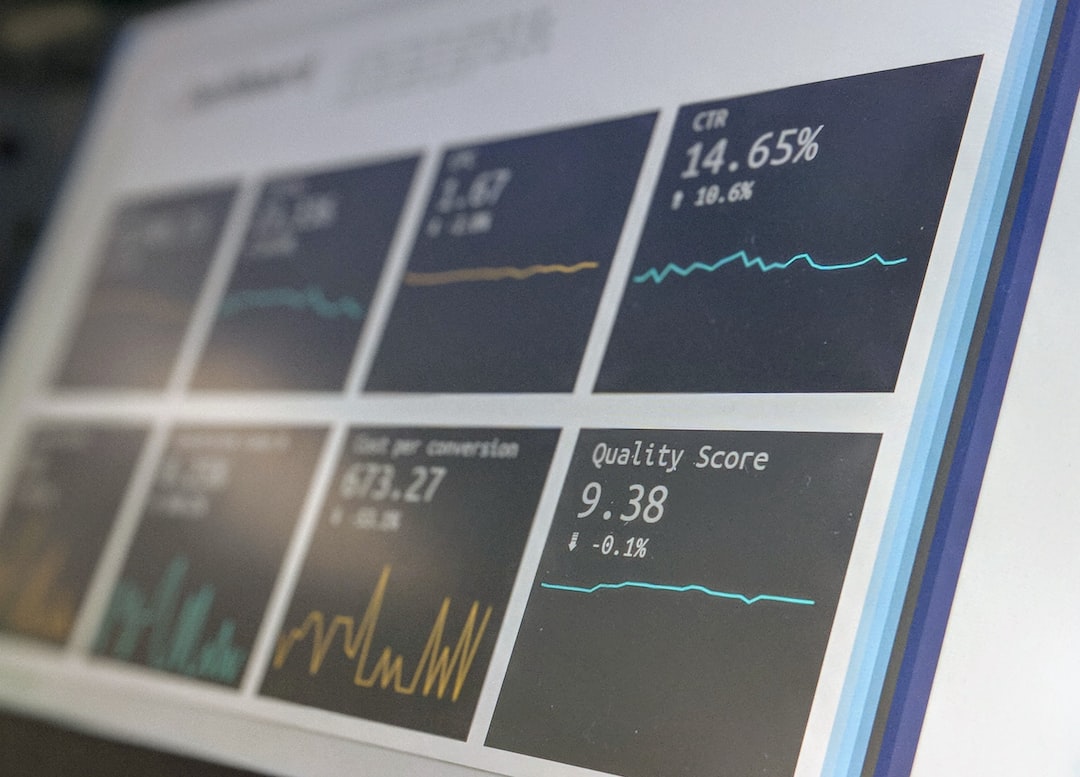The Future of Artificial Intelligence: Opportunities and Challenges
Artificial Intelligence (AI) has rapidly become one of the most exciting and transformational fields in technology. It has the potential to revolutionize various industries and improve our daily lives in ways we could not have imagined before. With recent advancements and breakthroughs in AI, it is crucial to explore the opportunities and challenges that lie ahead for this burgeoning field.
First, let’s discuss the opportunities that AI presents. One of the most significant advantages of AI is its ability to automate tasks that are currently done by humans. This frees up valuable time and resources, allowing us to focus on more complex and critical problems. For example, in the healthcare industry, AI can assist doctors in diagnosing diseases by analyzing patient data, leading to earlier and more accurate diagnoses. It can also aid in drug discovery and development by analyzing massive datasets and identifying potential new treatments. These advancements could ultimately lead to significant improvements in patient outcomes and healthcare efficiencies.
Another exciting opportunity AI provides is the potential for enhanced personalization and customization. AI-driven algorithms can analyze vast amounts of data about an individual’s preferences, behaviors, and needs to offer tailored recommendations and experiences. For instance, streaming services like Netflix and Spotify leverage AI to suggest personalized TV shows and playlists based on our previous choices. This level of personalization can also extend to marketing and advertising, allowing businesses to target precisely the right audience with relevant products and services.
AI also has the potential to revolutionize transportation and logistics. Self-driving cars promise to make our roads safer and transportation more accessible by reducing human errors. These autonomous vehicles can leverage AI to navigate roads, interpret traffic situations, and adapt to changing conditions. Additionally, AI can optimize the logistics and supply chain processes, improving efficiency and reducing costs for businesses.
However, along with these exciting opportunities, AI also presents some significant challenges. The first challenge is ethical considerations surrounding AI. As AI systems become more powerful and intelligent, there is a growing concern about their ethical use. For example, how do we ensure that AI algorithms are unbiased and fair when making critical decisions? Who is accountable if an AI-powered system makes an incorrect judgment or causes harm? Answering these ethical questions and establishing guidelines for responsible AI applications is crucial to prevent unintended consequences and potential misuse.
Another challenge is the potential impact of AI on the job market. While AI can automate routine and repetitive tasks, it also raises concerns about job displacement. Some fear that AI could eliminate millions of jobs, leading to widespread unemployment. However, history has shown that technology advancements often create new jobs and industries. As AI eliminates certain tasks, it is essential to focus on upskilling and reskilling the workforce to adapt to the changing job landscape. Governments and educational institutions need to collaborate to provide training and support programs for individuals to acquire the necessary skills for the AI-driven future.
Privacy and data security also present challenges in the AI landscape. AI systems require vast amounts of data to train and learn from. This data often includes personal information, raising concerns about privacy breaches and unauthorized access. Striking a balance between utilizing data for AI advancements and implementing robust data protection measures is essential to build trust among users and ensure data privacy.
Lastly, AI presents potential risks in the form of cybersecurity threats. As AI systems become more integrated into our lives, they can become targets for malicious actors. These actors could exploit vulnerabilities in AI algorithms or use AI algorithms against us. It becomes crucial to invest in research and develop proper security measures to ensure the integrity and safety of AI systems.
In conclusion, the future of AI is brimming with opportunities and challenges. AI has the potential to revolutionize various industries, improve our lives, and make the world a better place. However, it also necessitates careful consideration of ethical, job market, privacy, and security implications. By addressing these challenges head-on through collaboration and innovation, we can truly unlock the transformative power of AI and ensure a bright future for this remarkable field.

